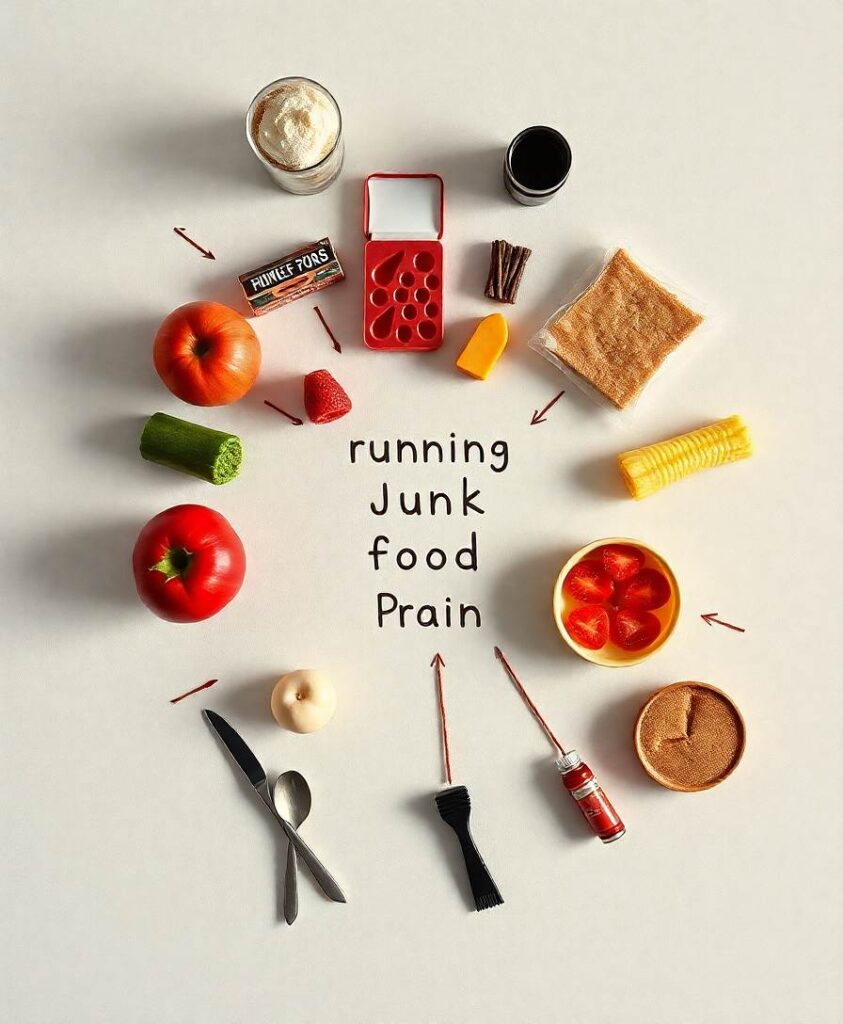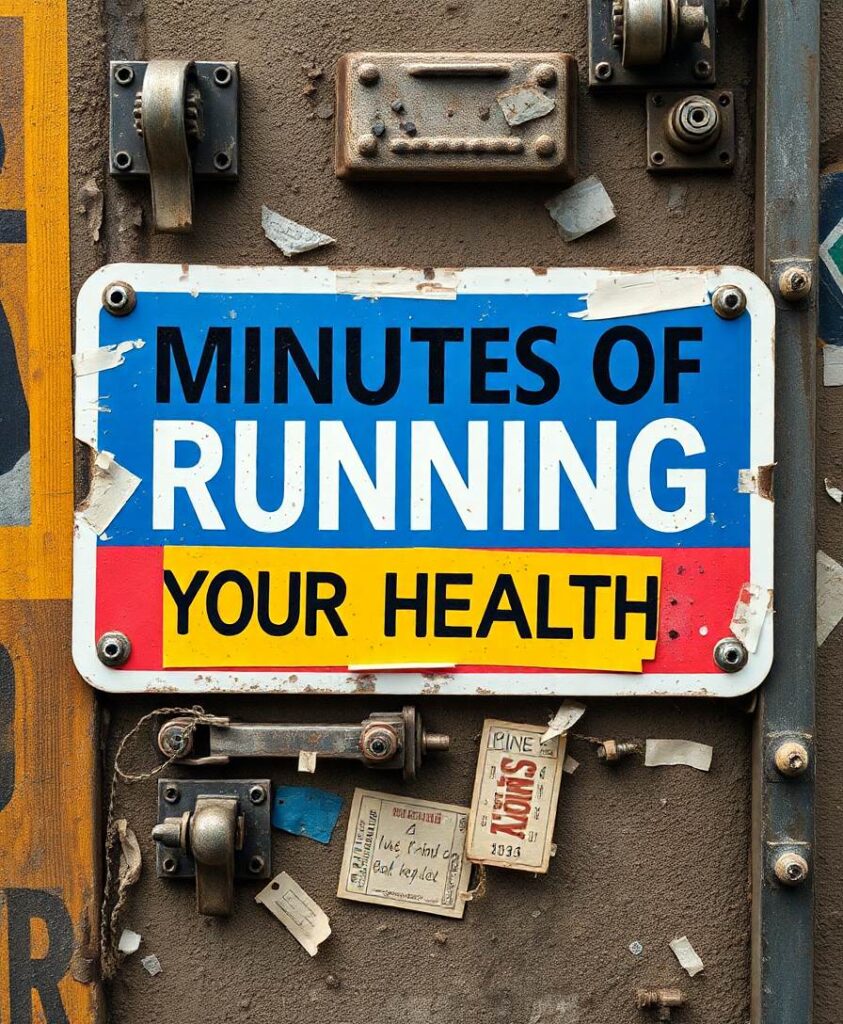As a science communicator, I’ve followed research linking behavior to injury for years. The finding that poor sleepers face nearly double the risk of injury aligns with work on motor control and immune function. Small, consistent habits that support restorative sleep—regular bedtimes, dimming screens before bed, and steady sleep duration—change physiology over weeks. Those changes matter as much as one extra workout or a new pair of shoes.

If you run, this study turns a common training checklist into a human-centered practice: rest as part of skill and durability. The article connects sleep science to everyday choices and to broader questions about access and inclusion in sport. Follow the link to see how these insights apply to different training levels and to learn practical steps that help more people stay active and safe.
Researchers found that runners who sleep poorly face nearly double the injury risk compared to those who rest well. The study highlights that sleep is not just recovery—it’s a key factor in preventing injuries. They stress that runners should prioritize rest alongside training. Simple habits like consistent bedtimes and limiting screens can make a big difference.


